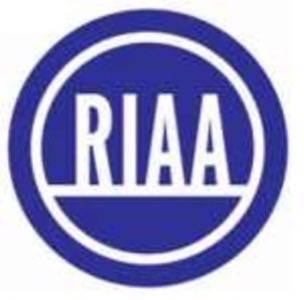Jammie Thomas vs. Capitol is probably the most infamous and longest running illegal file sharing case in the U.S., and while a judge declared a mistrial last September, the two parties met once again this week to begin Thomas’ retrial. In almost every other file sharing case, the defendants settled with the RIAA out of court, but when Jammie Thomas was accused of illegally sharing 24 songs on the once incredibly popular Kazaa P2P network in February 2005, she decided to fight back. Since then, the two parties have gone through a trial, conviction, a mistrial, and now the retrial of Thomas is well under way and just entered its second day.

Jammie Thomas’ defense has always rested on the argument that she didn’t actually download and distribute any of the files on her computer, and that the RIAA never successfully proved that she was the actual user who downloaded and shared the files. During the retrial, however, Thomas also claimed that she didn’t even know what Kazaa was until the trial.
Hard Drives, Best Buy, Kazaa, Terrastar, and Soft Drinks
There are considerable holes in Thomas’ story, however. Among other things, she took her computer to Best Buy to get her hard drive replaced under warranty, exactly two weeks after MediaSentry informed her that she had been caught sharing these files. She then went ahead and brought this new drive in as evidence and swore under oath that the hard drive had been in the computer since 2004. According to a witness from Best Buy at today’s trial, the drive must have been dead when Thomas took it in for repair, but it would be impossible to tell if she broke it accidentally (as she claims), or if this was done on purpose (breaking a hard drive is pretty easy, after all).
During the first day of her retrial, however, an expert witness who examined Thomas’s computer also noted that an external hard drive had been hooked up to the computer, a fact that was new to the defense attorney.
Thomas’ defense lawyers also produced a list of Thomas’ purchases at Best Buy, but, as our friends at Ars Technica point out, if this was meant to show that Thomas was still buying a lot of music, this plan backfired, as she had bought a lot of soft drinks (seriously?), DVDs, and video games at Best Buy, but only one CD.
Thomas also generally used ‘terrastar’ as her handle, and the files on Kazaa were shared under that name. Given that Thomas’ computer was password protected, what’s the chance of somebody else using her login? In addition, Thomas also claims that she had never heard of Kazaa before this whole affair began.
It will be for the jury to decide if she is really guilty of these charges (judging from what we have seen, our best guess is that she will be found guilty), but the real problem isn’t even really about her guilt or innocence. The real question here is if she really inflicted over $200,000 in damages by sharing 24 songs, as the music industry claims (or any damage at all). When the previous judge, Judge Michael Davis, Chief Justice of the Minnesota District Court, granted Thomas this retrial, he argued that the actual cost of the songs would be under $54 and implored Congress to address these damages, which he considered disproportionate, especially because Thomas didn’t try to profit from her act.

















